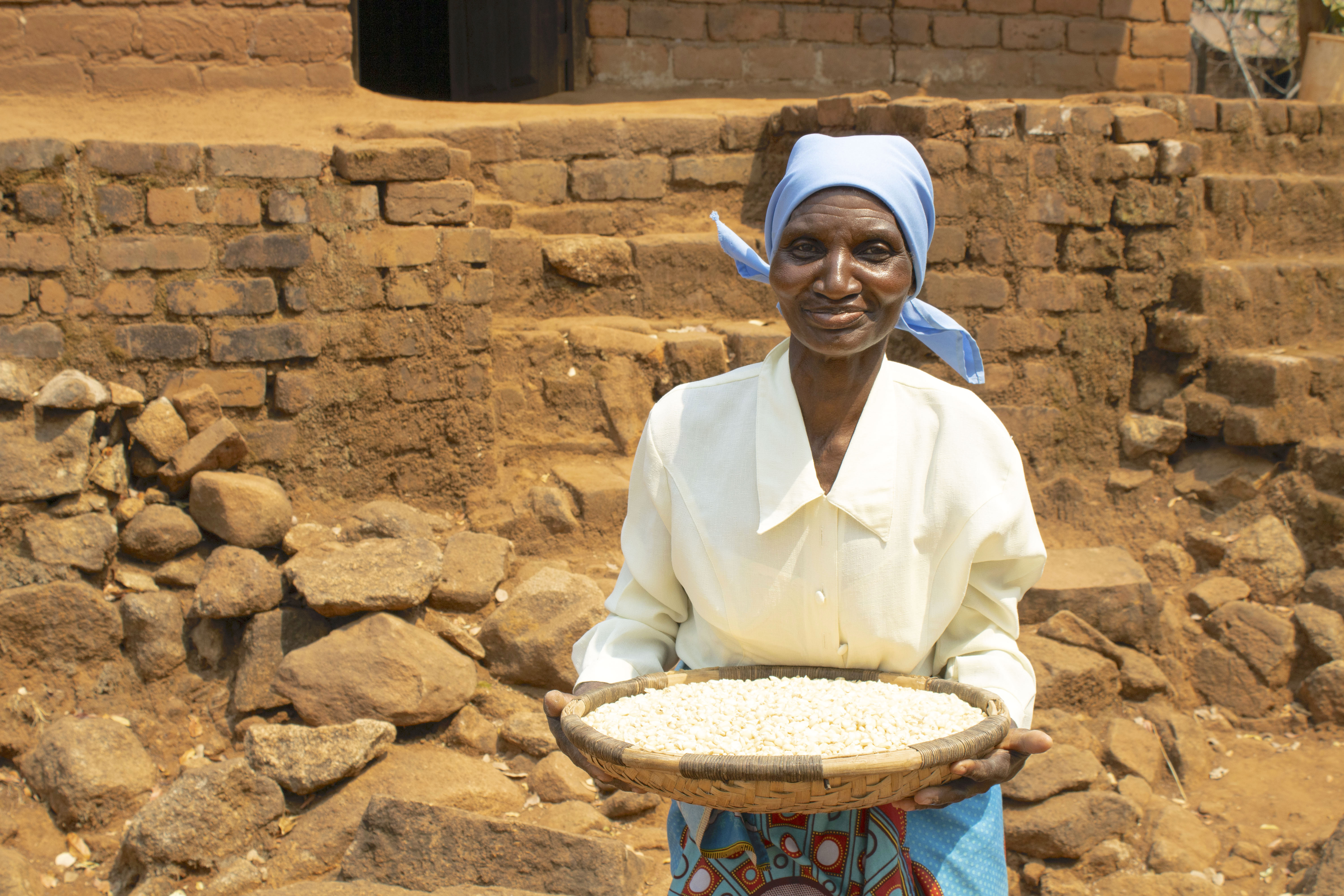Women play a crucial role in Ethiopian agriculture. A significant portion of their time is spent in the field helping their male counterparts with land preparation, planting, weeding and harvesting. Despite this, women face barriers in accessing productive resources and gaining financial benefits.
In 2015 and 2016, there was a 9.8% gap in farming plot productivity between woman- and man- managed farms in Ethiopia, which translated to a $203.5 million loss in the country’s GDP. Access to mechanization services though service provision could contribute to decreasing this gap.
The International Maize and Wheat Improvement Center (CIMMYT) and the German development agency GIZ have been testing service provision models in different areas of Ethiopia to expand small-scale agricultural mechanization that would benefit both men and women.
Zewdu Tesfaye, a smallholder farmer and mother of two, lives in the Amba Alaje district of the Tigray region. Two years ago, she paid $8 to become a member of the Dellet Agricultural Mechanization Youth Association (DAMYA), established to provide agricultural mechanization services in the area.
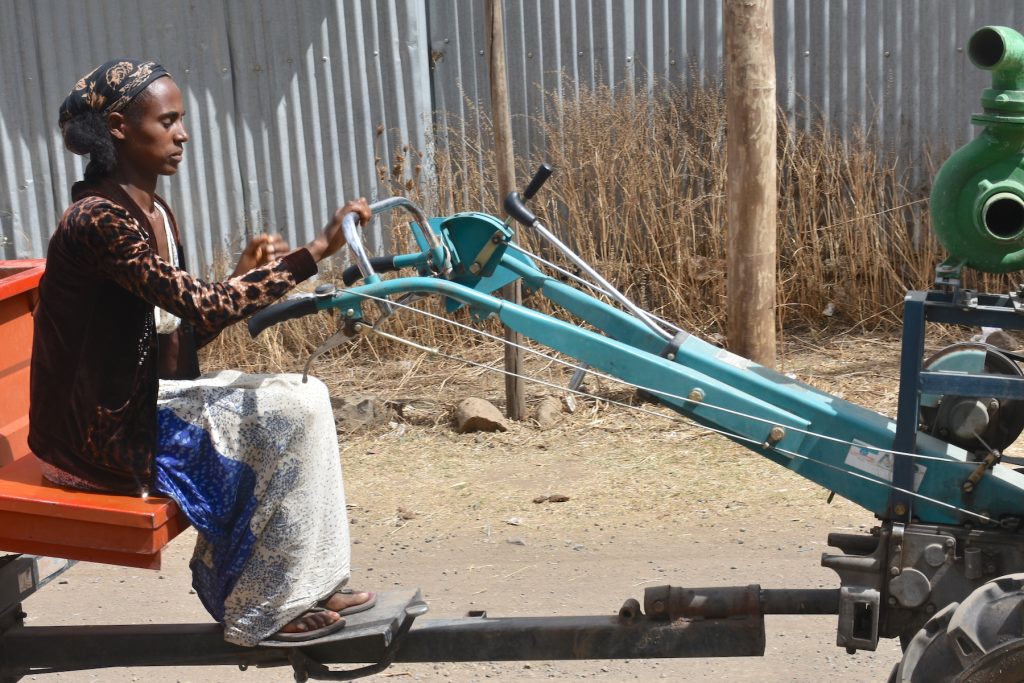
Along with other members, Tesfaye provides various services to farmers in her area that need assistance. “I take part in every assignment the group is tasked with. I drive the two-wheel tractor and I support during threshing and irrigation,” she says.
Tesfaye has now secured a job providing these services and has started earning income. In November 2019, she received $72 from the association’s threshing services, which she saved in the bank. If women are given equal opportunities and equal access to resources, she says, they have the capacity to do anything that will empower themselves and change their families’ lives.
DAMYA currently has 12 members — eight men and four women — and all responsibilities are shared, with benefits divided equally. “Agricultural mechanization is an area less accessible to women,” explains group chair Alemayehu Abreha. “Thus, we highly encourage and motivate our women members to maximize their potential and invite other women to witness that everything is possible.”
Belay Tadesse, regional advisor for GIZ’s Integrated Soil Fertility Management project, explained that the initiative aims to benefit both women and men as service providers and recipients. Various trainings are provided for women, so that they are well acquainted with the machinery, as well as with the business aspects of each model. Events and other activities are also helping spread awareness, to attract and encourage more women to get involved in similar jobs, adds Tadesse.
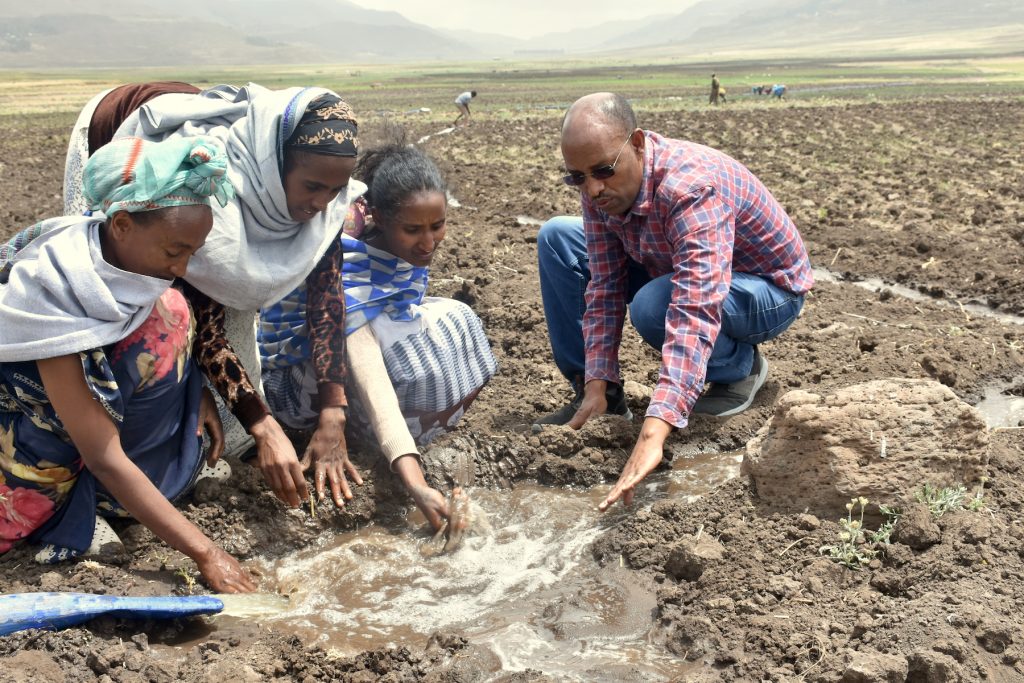
In the Gudiya Billa district, located about 220 kilometers away from Addis Ababa, the introduction of the two-wheel tractor has been a blessing for many farmers in the area, especially women. For Kidane Mengistu, farmer and mother of six, harvesting season used to bring an added strain to her already existing chores. Now everything has changed. Through the new service provision model, Mengistu is able to get help with her daily tasks from Habtamu, a farmer professionally trained in agricultural mechanization. “We now hire Habtamu, a service provider, to get different services like threshing,” she says. “He does the job in few hours with reasonable amount of payment. This has given me ample time to spend on other household chores.”
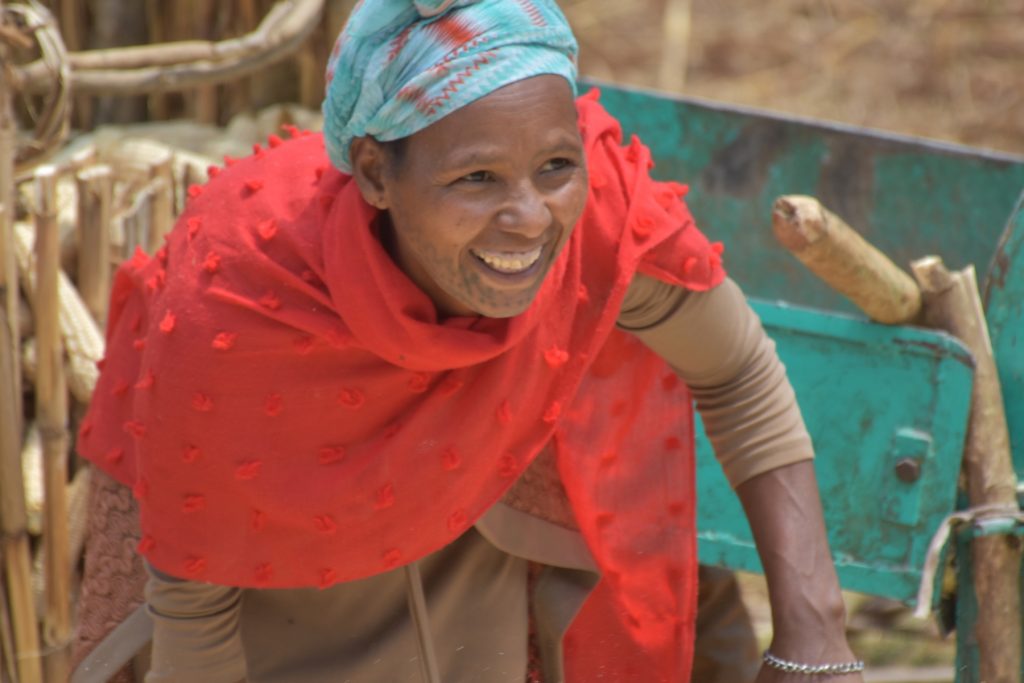
Maize, sorghum and teff are the three main crops grown on Mengistu’s eight hectares of land. With the introduction of the two-wheel tractor and service provision model, she and Habtamu have been able to begin potato irrigation on two hectares — Mengistu provides the land while Habtamu provides and operates the water pump — and together they share costs and income. Mengistu says she and her family have seen firsthand the benefits of the two-wheel tractor and plan to purchase their own someday.
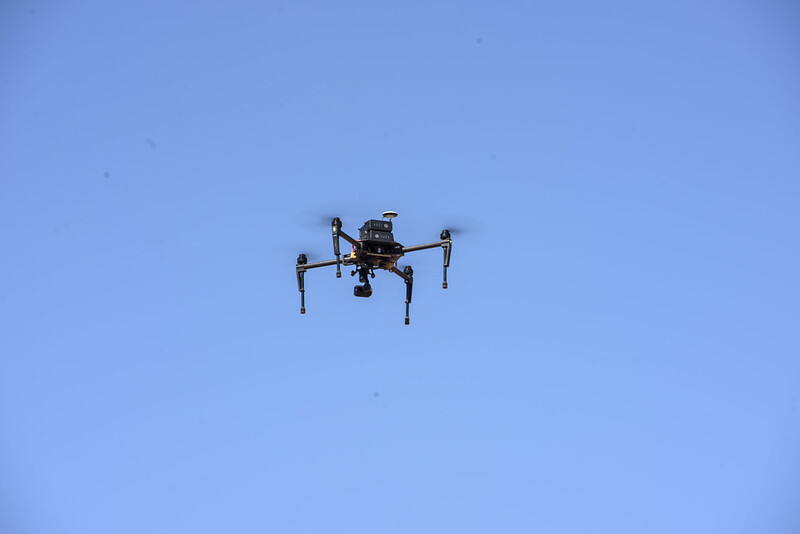
 Innovations
Innovations 